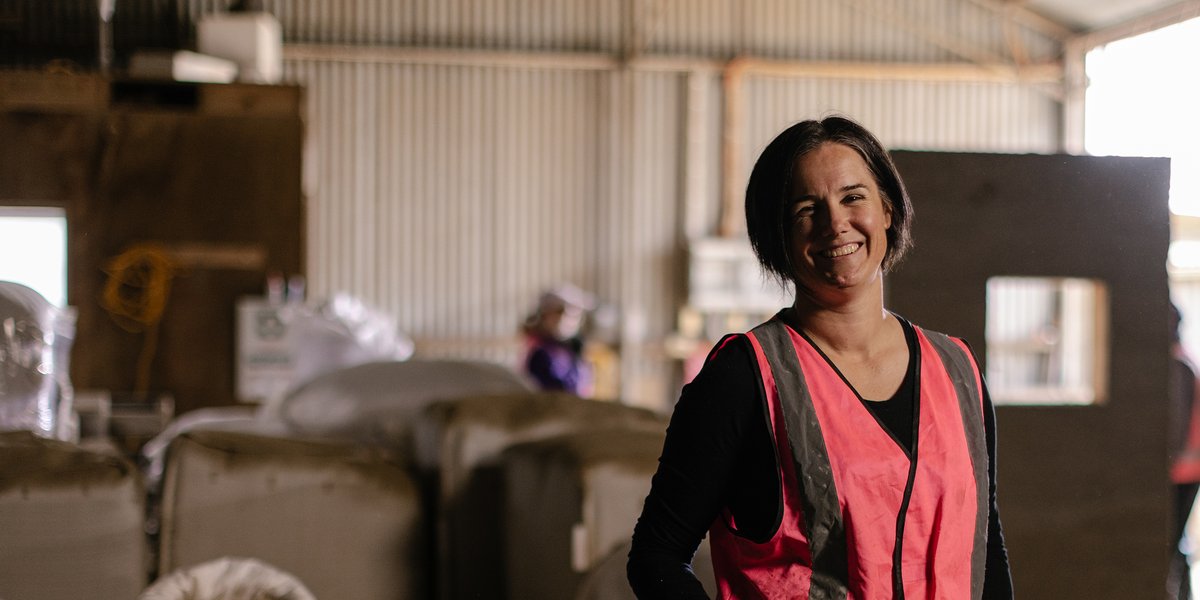Anthony Broese van Groenou
"The one source of emissions in Tasmania that keeps going up is transportation emissions. In this transition to electric, we’re a long way behind."
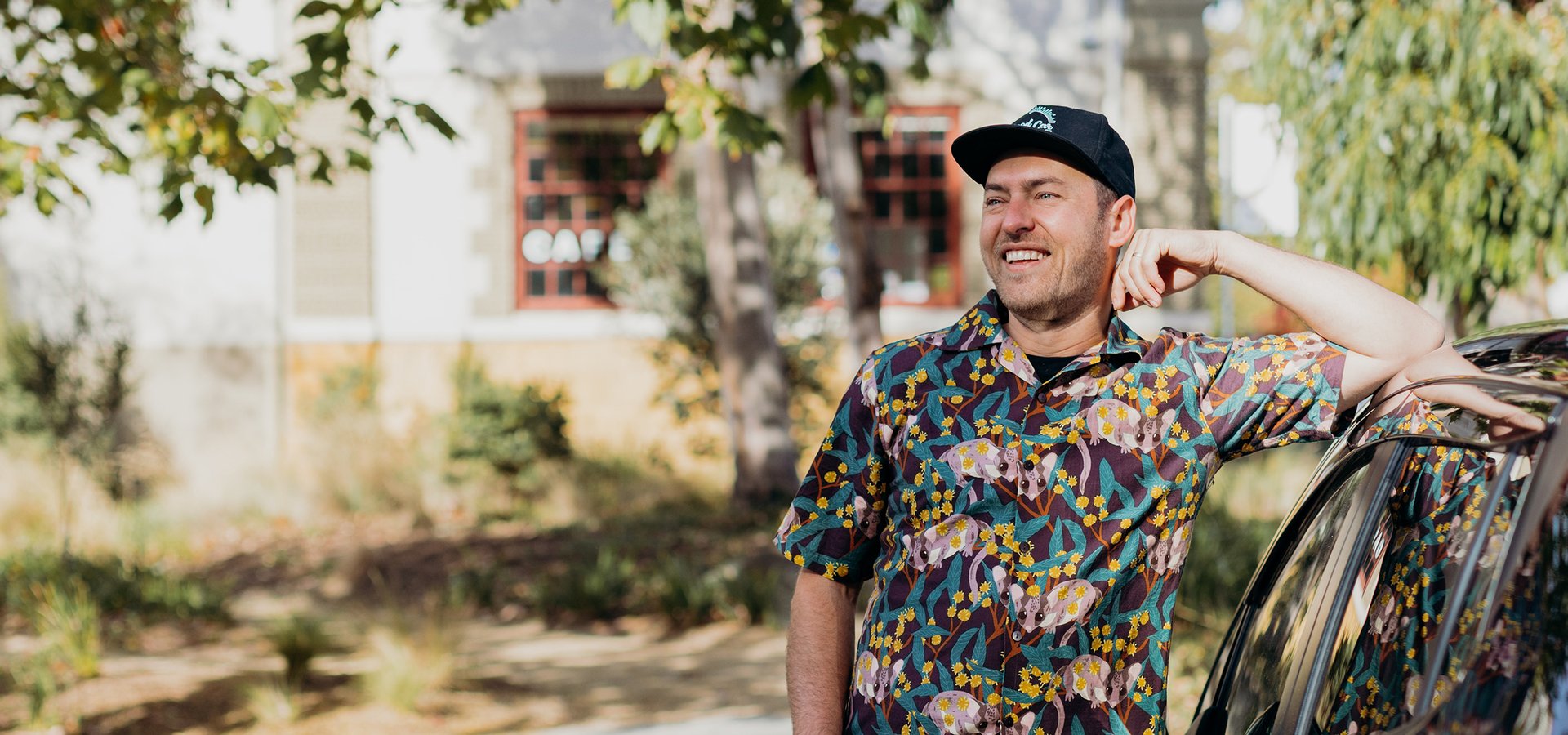
"Last year at this time there were five of us. Soon we’ll have a team of 60 to 70 people. And we’re doing it from Tasmania because we’re on 100% renewables. It’s the perfect place to demonstrate what a clean future could look like."
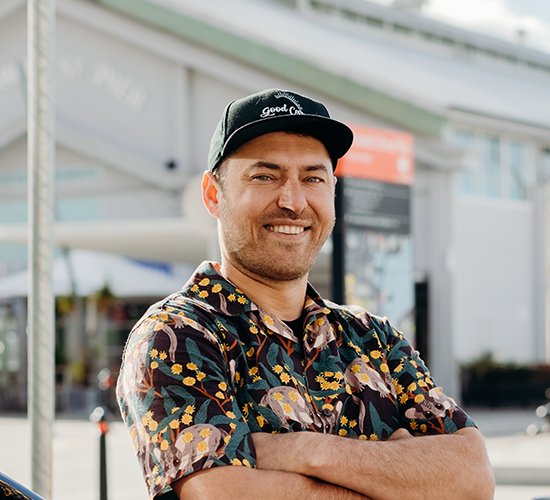
It started with frustration.
Four years ago, Anthony Broese van Groenou was in the middle of a PhD in Social Science, looking at energy and climate change and what individuals could do to change things.
“The one source of emissions in Tasmania that keeps going up is transportation emissions,” he says. “The best way to support intermittent renewables is to store energy from when its produced so we can use it when its needed. And the best way to do that is with electric vehicles (EVs). Only we didn’t have many in Australia. In emissions and in this transition to electric, we’re a long way behind.”
There are quite a few reasons for our current state. Our fuel is among the lowest quality and dirtiest in the world. Leaders have attacked EVs as un-Australian, a way to “ruin the weekend,” which didn’t exactly drive early demand. Our emissions standards are voluntary, unlike Europe and North America. Those jurisdictions penalise car manufacturers for every gram of emissions from every tailpipe, so there is an incentive to ship EVs there rather than here. And some of those jurisdictions are banning internal combustion vehicle sales by 2030.
So without carrots and without sticks, and without government support, what could a frustrated yet ambitious young Tasmanian PhD student do?
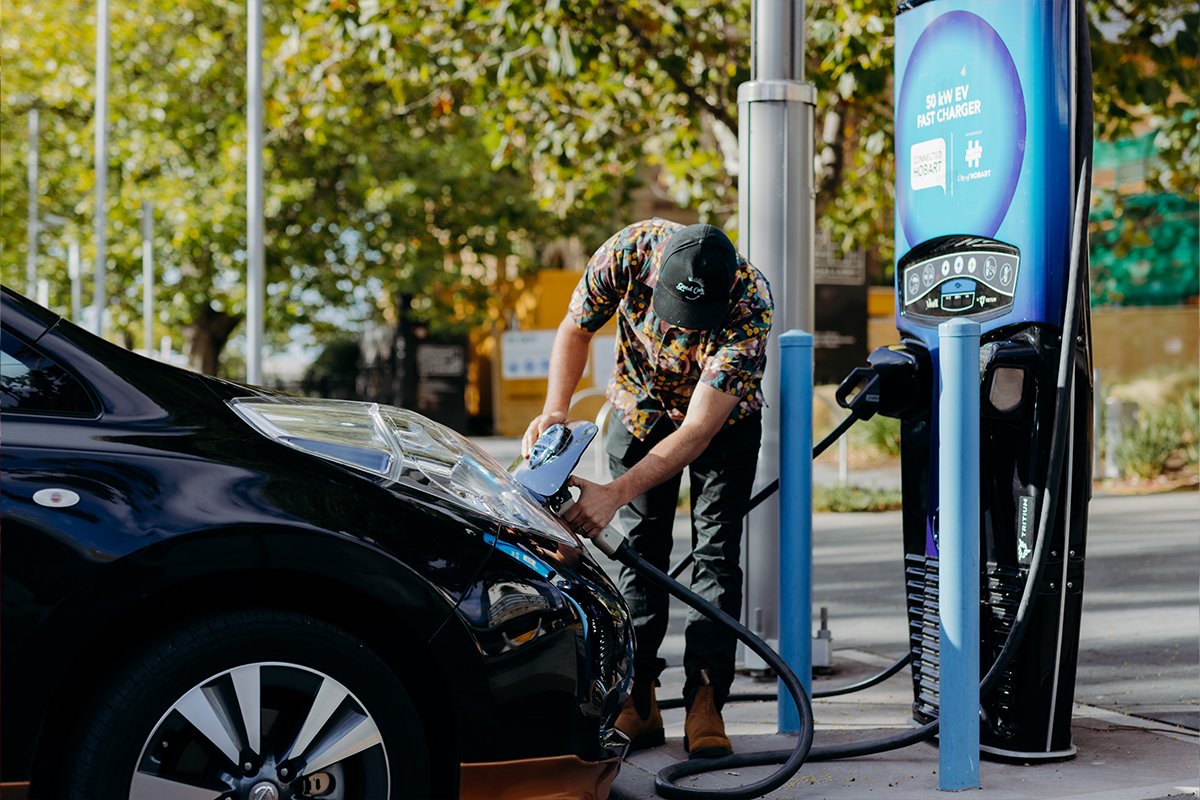
"We decided to go after second-hand vehicles, to address both affordability and supply,” says Anthony. Four years ago, he and two other environmental scientists pooled their money and set up a social enterprise called the Good Car Company to import used EVs into Tasmania.
“Our first car was a little Nissan Leaf all the way from Japan,” he says. “We found it online, in an auction. We had no idea what we were doing, which worked to our advantage. Rather than recreate an existing model, we created a new one.”
They couldn’t buy cars one-by-one and achieve much, so they began working with communities to buy several vehicles in bulk, beginning with the South Hobart Sustainable Community. “It was the first community bulk buy of electric vehicles in the world,” says Anthony. “They put a lot of trust and faith in us, put the money together, and we imported 24 cars in our first few months.”
Anthony and his partners had worked in not-for-profits their whole careers. They were driven by a powerful mission. “That first year we were volunteers,” he says. “But we realised it needed to be a proper sustainable business, not something we were running off the corners of our desks. We found the right people who wanted to be mentors and advisors to us.”
Soon they were operating like entrepreneurs: vertically integrating and removing points of friction. The Good Car Company quickly became profitable, which allowed it to reinvest, to grow quickly and go national. They will soon be importing over 2,000 EVs a year, into every state and territory, and they have moved into new vehicle imports and partnerships with domestically supplied EV companies. They will have the biggest network of EV technicians in the country, and stand to be the third largest supplier of EVs in the country.
Like a for-profit business with a clever business model, the Good Car Company has become attractive to a new category of investors – impact investors.
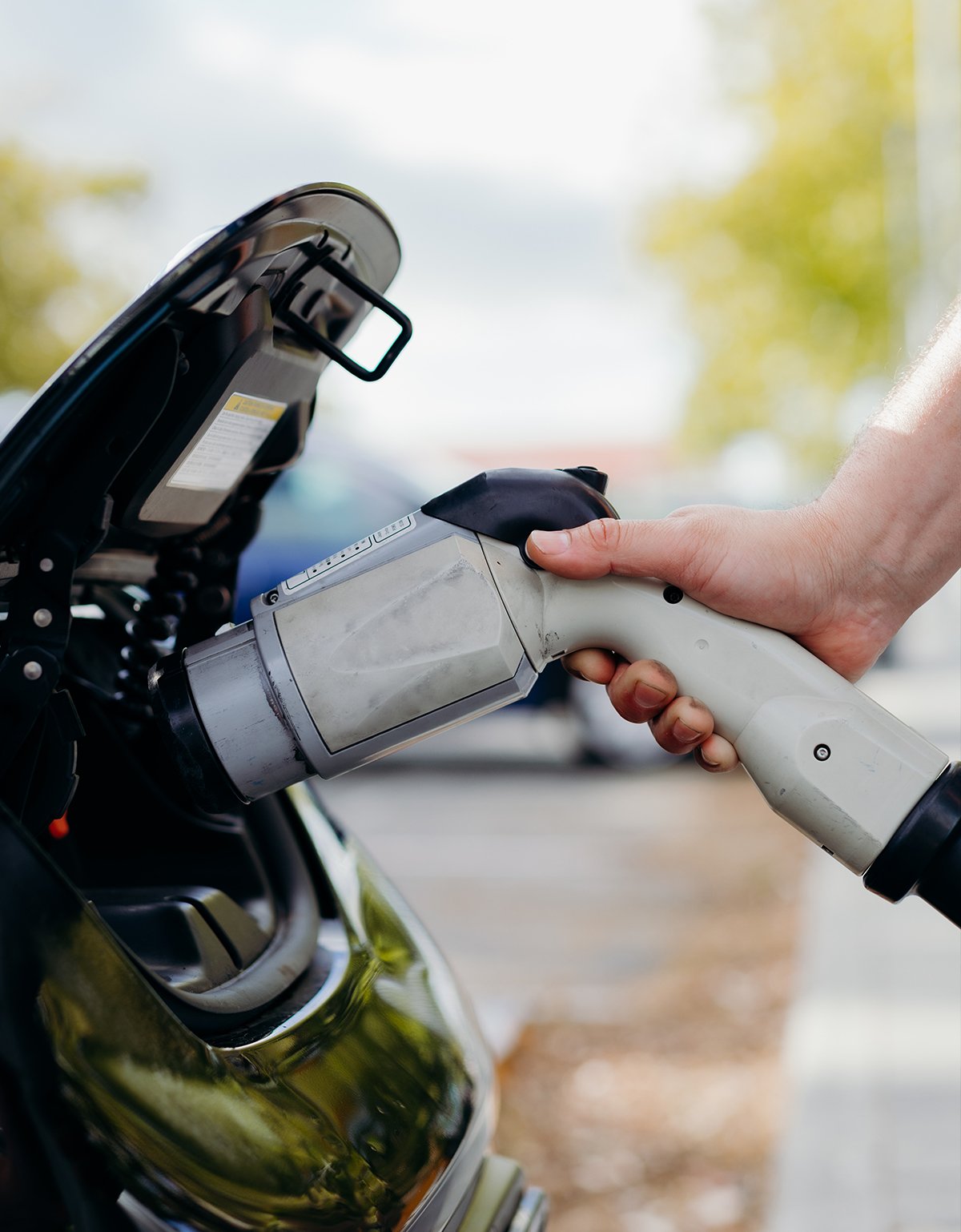
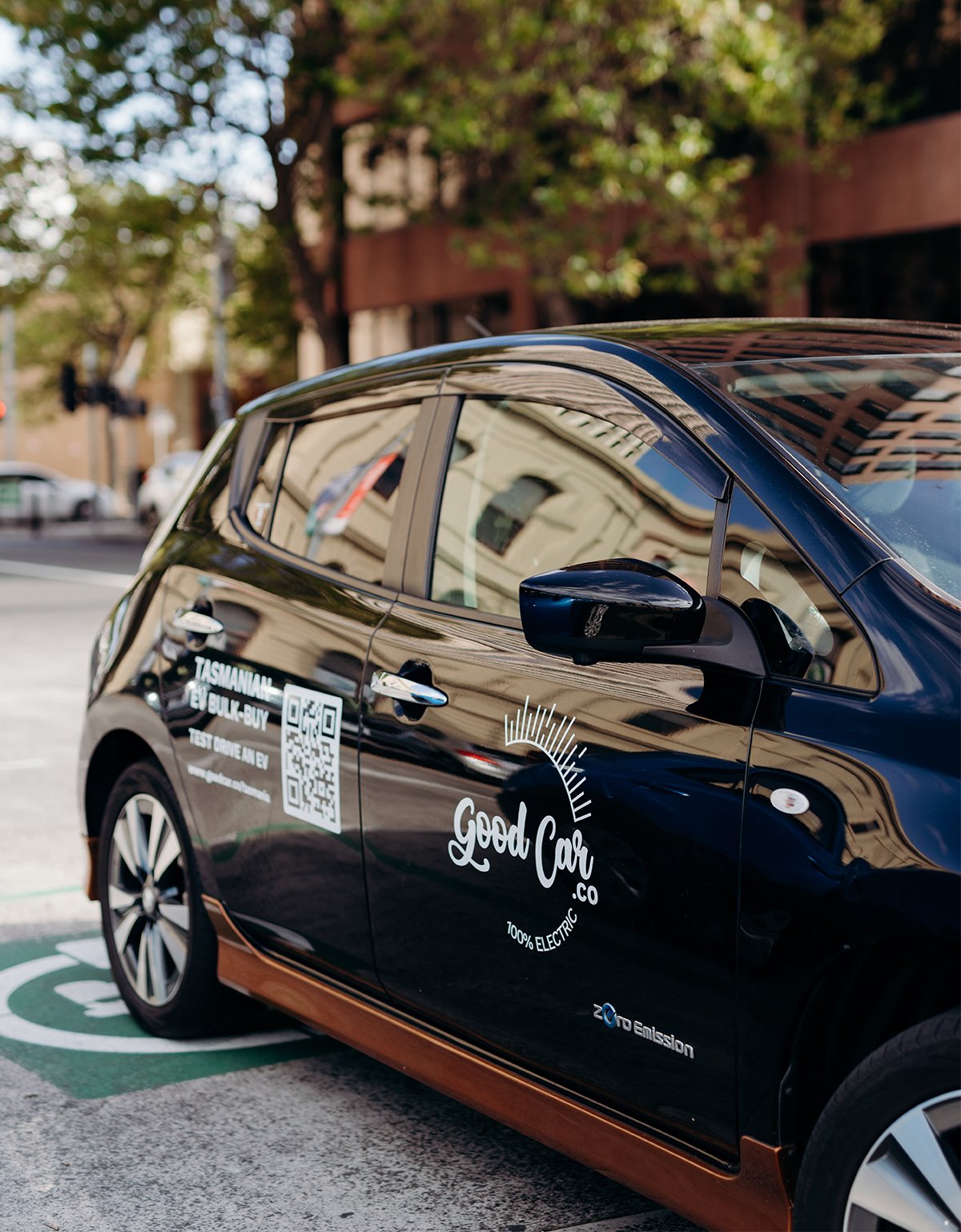
Affordability is the reason we’re doing this. If we don’t get everybody transitioning, we’re not going to make it.
In 2022 they received an email from an organisation called Boundless. Anthony suspected it might have something to do with skin care. “Then I saw the invitation referenced Mike Cannon-Brookes.”
Boundless has a goal to turn Australia into a renewable energy superpower by 2030, partly by investing in profit for purpose initiatives driven by ambition, ideas, and passionate people.
The Good Car Company had already proven itself with exponential growth. It was a perfect partner for Boundless, and now other clean energy investors want to help. As Anthony and his team do more and more with batteries, they grow and grow.
“Last year at this time there were five of us,” he says. “Soon we’ll have a team of 60 to 70 people. And we’re doing it from Tasmania because we’re on 100% renewables. It’s the perfect place to demonstrate what a clean future could look like.”
Anthony wants to replace every internal combustion vehicle in Tasmania with an electric one, and faster than any forecaster could imagine. “Every single household that does this reduces the stress on our infrastructure and our energy system,” says Anthony. “Every electric vehicle coming out of Japan has bi-directional capacity. These are batteries for our homes.”
Home is where Anthony and his team want to go next. With the power of bulk buying, they want to help us all electrify our lives. It will save us money, warm our homes, and improve Tasmania’s air quality.
“Affordability is the reason we’re doing this,” says Anthony, who drives a little Nissan Leaf. “If we don’t get everybody transitioning, we’re not going to make it. We want to dominate the market, a market that does a lot of harm, so we can positively distort it.
“I was never motivated by money. Now I am, but profit for purpose, so we can grow great careers and divert profit into what can make real change.”
And we can do it all, Anthony says, with exceedingly fun weekends.

We worked with southern Tasmanian photographer Jess Oakenfull for this Tasmanian story.
Read about more Tasmanians
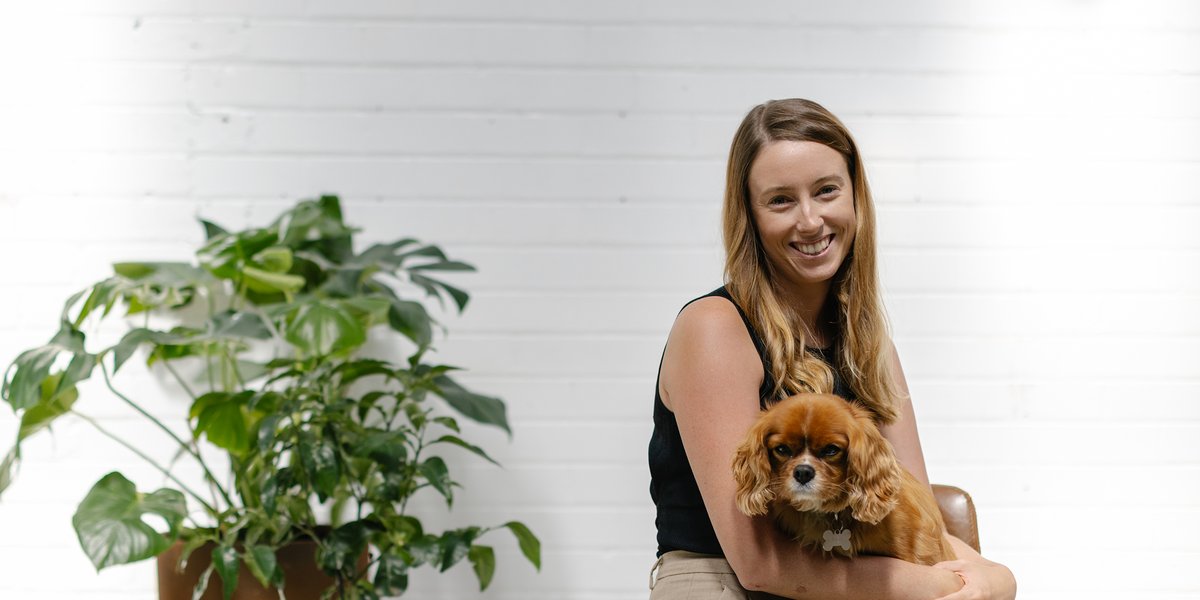
Jessica Richmond
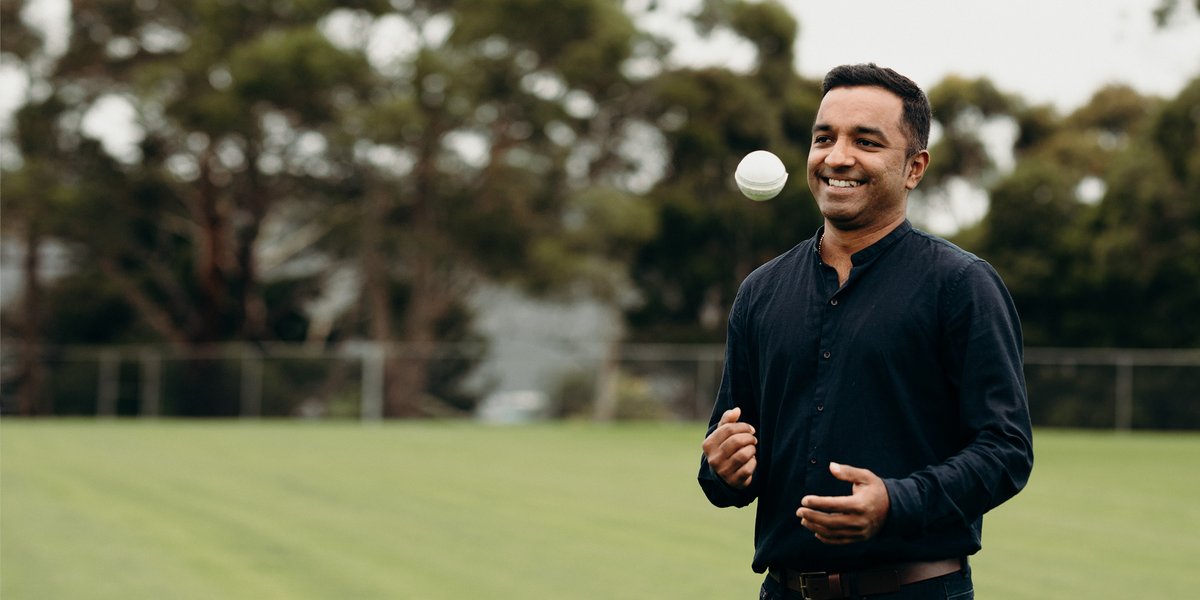
Prajit Parameswar
